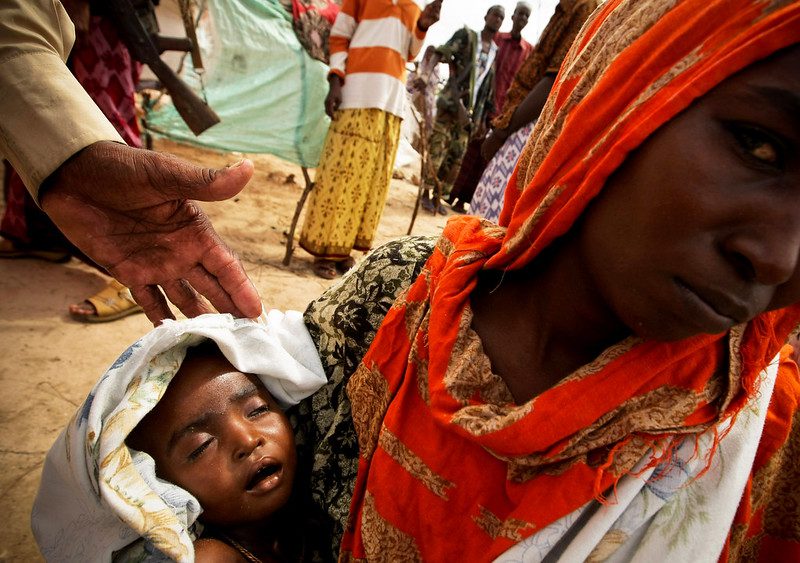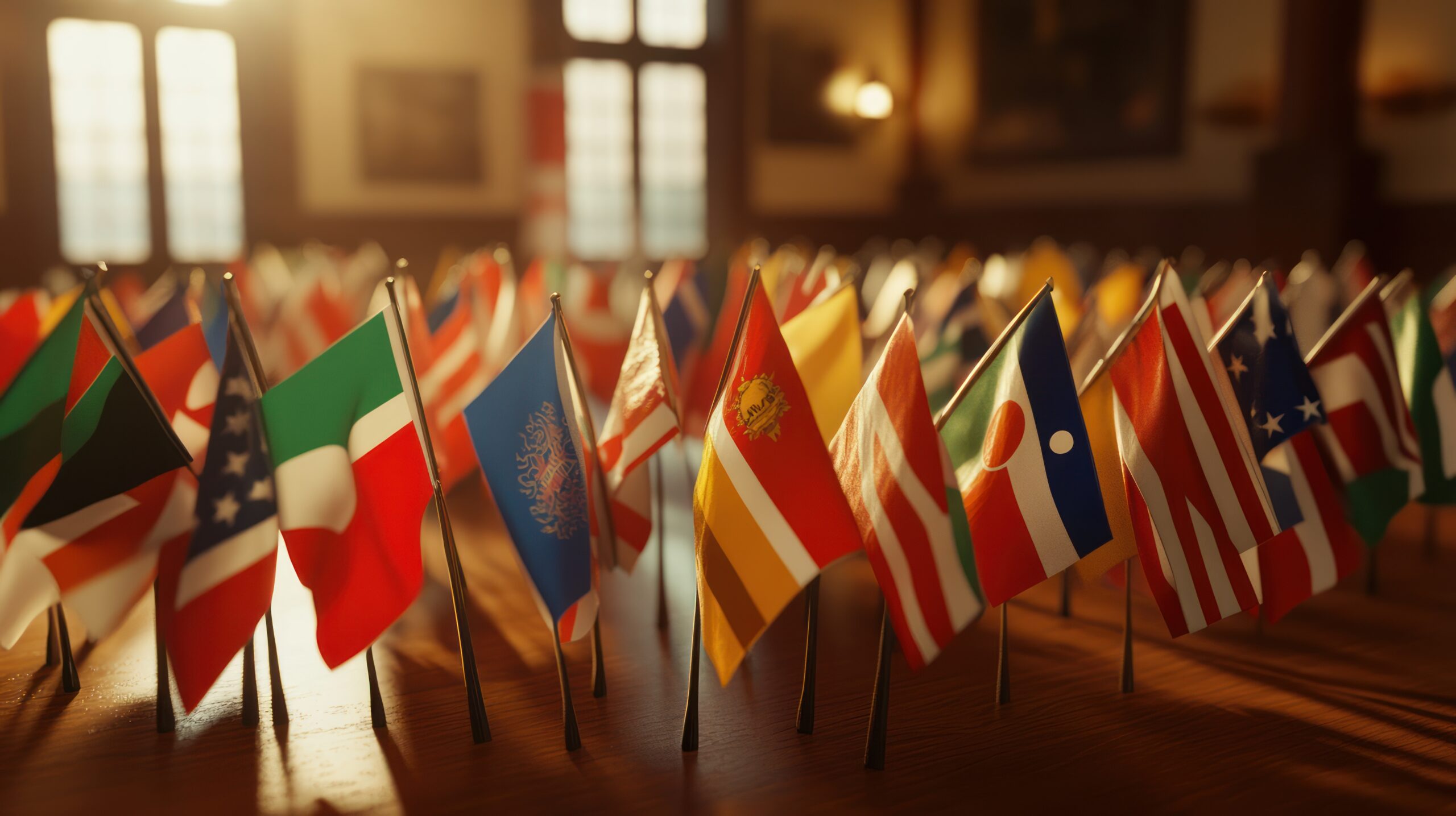Background Paper for African Union Annual Mediators’ Retreat
This paper examines the position of Africa in the current world turmoil, focusing on the role played by multilateral norms, institutions and mechanisms in promoting peace and security and other international public goods. The multilateral world order is currently in turmoil, with leading powers—notably the United States—adopting transactional politics as their modus operandi. This has far-reaching implications for peace and security in Africa, including the expansion of rivalrous and militarized power politics in the Greater Middle East to encompass half of the continent, and the ascent of cynical power politics in the domestic and regional arena across all of Africa.
The paper argues that Africa, as a weak continent, has much to gain from multilateralism, and especially from its stronger more normative versions. The past seventy years witnessed substantial gains which should be recognized and defended. However, today’s crisis in multilateralism and the ascent of transactional politics need to be understood so that they can be managed and transcended. The starting point of this is the nature of multilateralism, which is more than collective bargaining by sovereign nations in pursuit of their immediate interests.
The paper examines how Africa can respond to its emerging threats with a strategy for conflict prevention and mediation and enhanced peace support operations. This requires a fuller implementation of the norms of the African Union and strengthening its institutions and mechanisms. It also requires further developing the AU’s inter-state conflict management capacity to complement its existing capacity that focuses on intra-state conflicts, with special attention to developing a peace and security strategy for the ‘shared spaces’ of the Red Sea/Gulf of Aden and Mediterranean/Sahara.
Armed conflicts need to be prevented, mediated, managed and resolved at multiple levels, from the local through the national to the regional and trans-regional. This poses complex challenges for Africa’s peacemakers.


